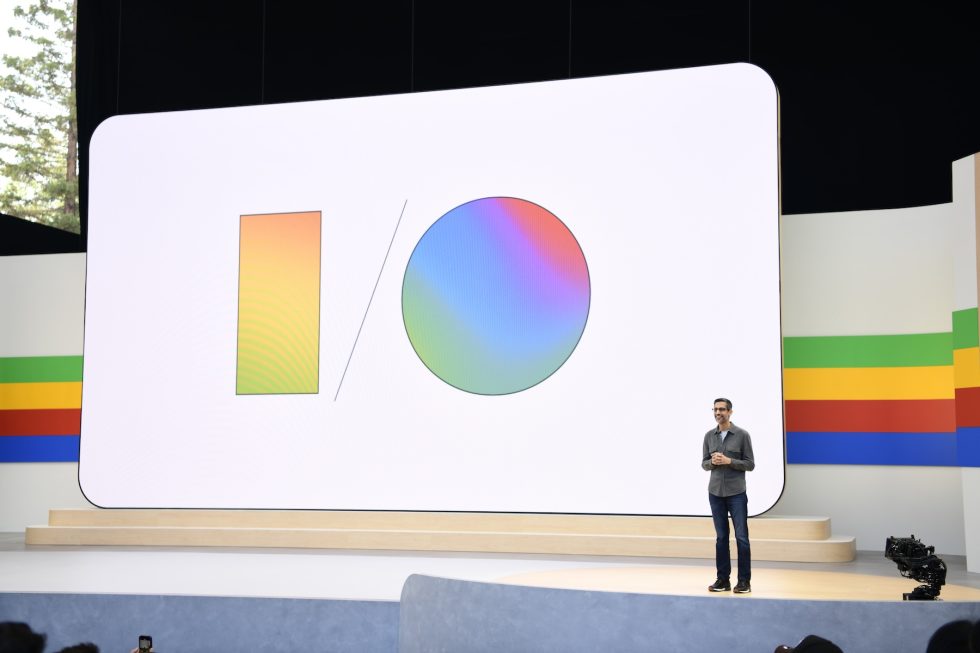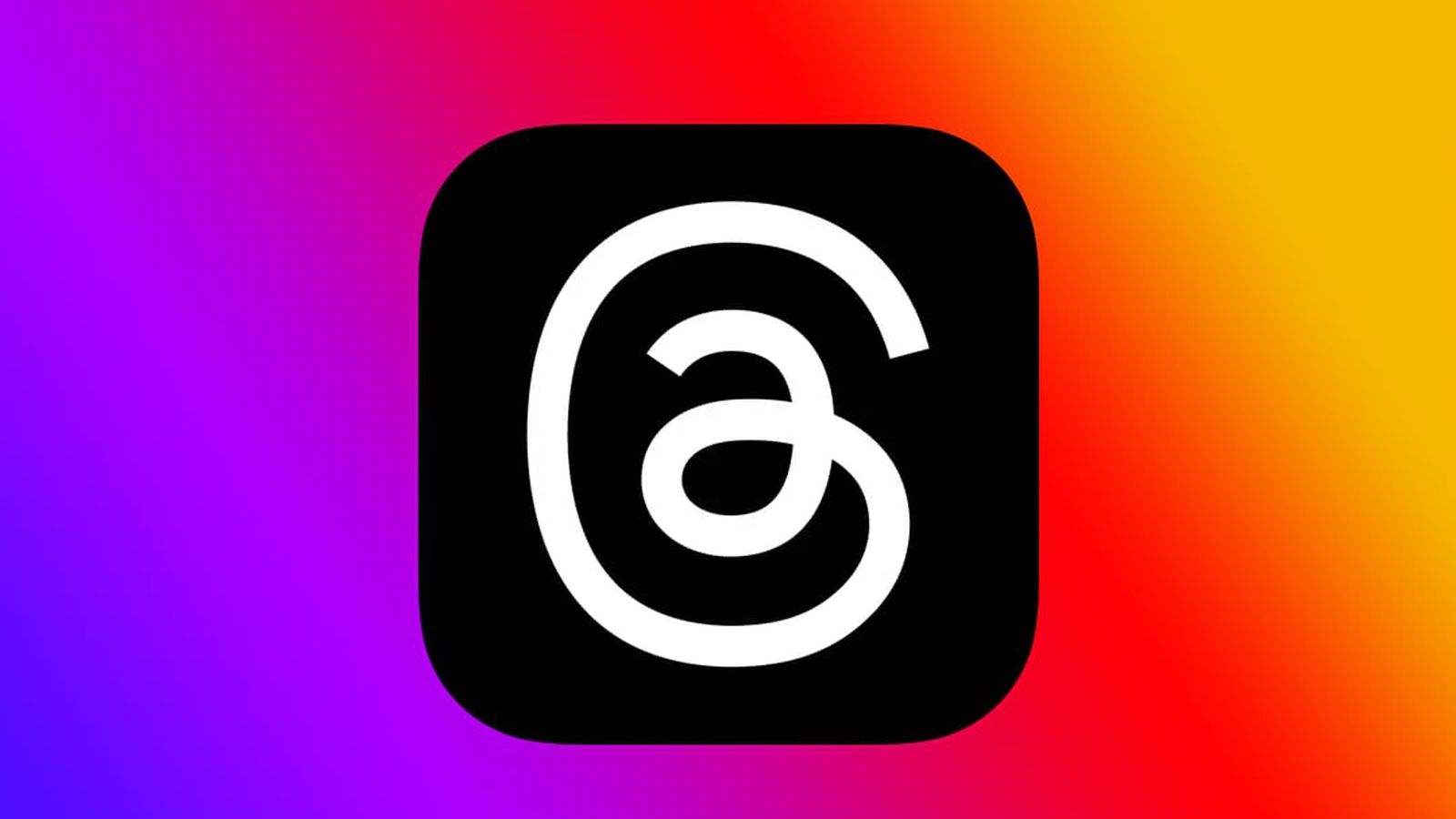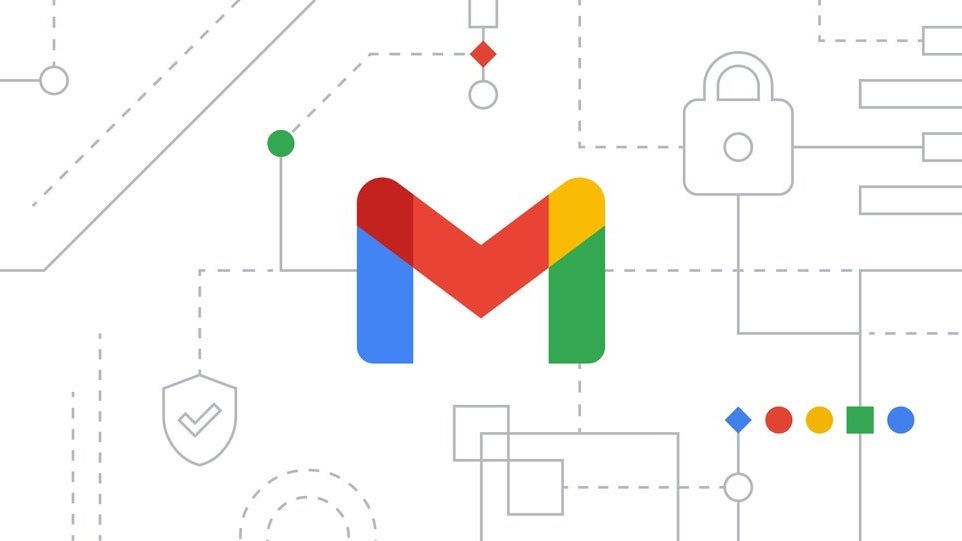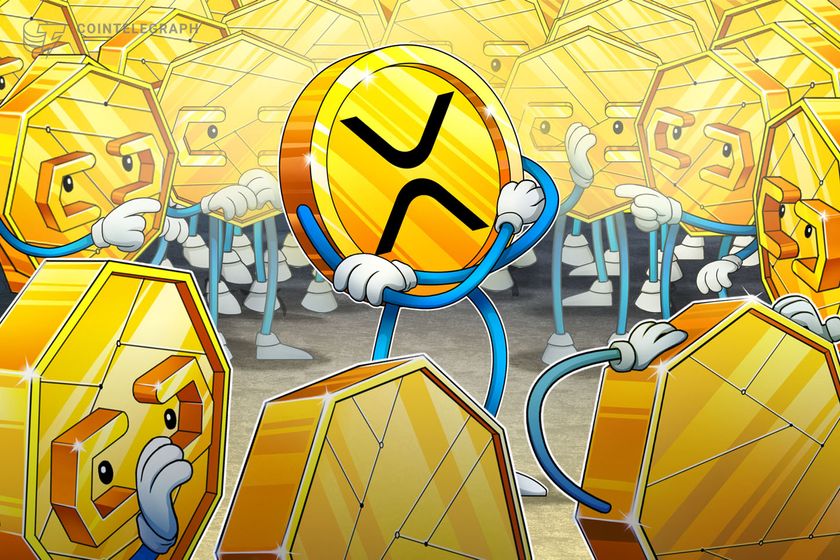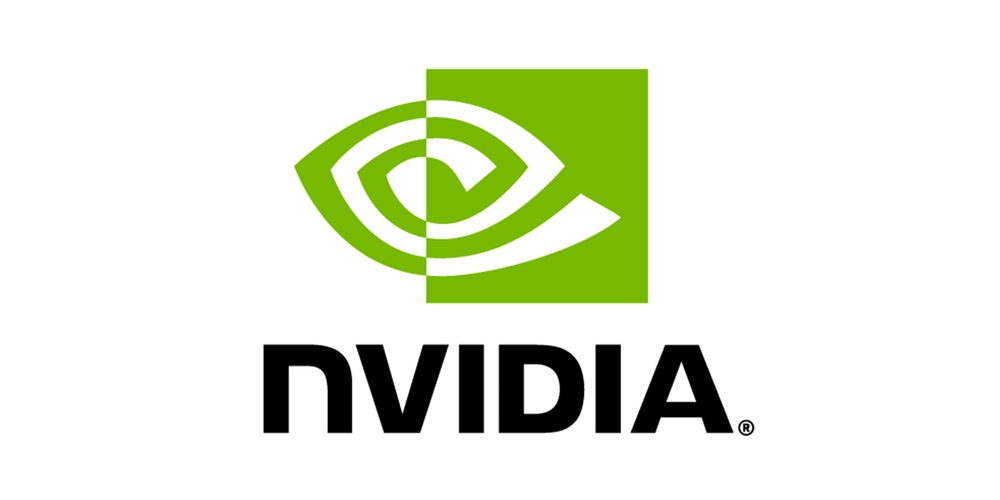What Is Java? A Beginner's Guide to the World's Most Popular Programming Language
In the vast world of technology, programming languages act as the foundation for building software, apps, websites, and even games. Among the many programming languages out there, Java stands out as one of the most powerful, reliable, and enduring. If you're new to the world of coding or simply curious about how technology works behind the scenes, you might be asking, what is Java? Java is a high-level, object-oriented programming language that has been a cornerstone of software development for more than two decades. Developed in the mid-1990s, it was created with the goal of being simple, secure, and platform-independent. The idea was to design a language that developers could use to “write once, run anywhere,” and that’s exactly what Java delivered. The Basics: What Is Java? At its core, Java is a language used to create software applications that can run on a wide range of devices and operating systems. Whether it's desktop computers, mobile phones, or embedded systems, Java enables developers to build applications that are both efficient and portable. It is known for its strong community support, long-term stability, and wide adoption across industries. One of the key characteristics that define Java is its platform independence. This means that a program written in Java can run on any device that has the Java Virtual Machine (JVM) installed. The JVM is a special engine that translates Java code into machine language that any computer can understand. This feature makes Java incredibly versatile and a popular choice among developers worldwide. Why Is Java So Popular? The popularity of Java can be attributed to several important factors: 1. Simplicity and Ease of Use: Java was designed to be easy to learn, especially for beginners. Its syntax is clean and readable, making it less intimidating for those just starting out with programming. 2. Robust Community and Support: With millions of developers using Java around the globe, there's a massive amount of tutorials, forums, and documentation available. This makes it easier for beginners to find help and continue learning. 3. Scalability and Performance: Java is suitable for everything from small apps to large enterprise systems. Many big companies rely on Java to power their systems because of its reliability and performance. 4. Cross-Platform Capabilities: As mentioned earlier, Java’s ability to run on different platforms without needing to be rewritten is a major advantage. This is especially valuable in a world where apps are expected to work across phones, tablets, and computers. 5. Security: Java was built with security in mind. Features like memory management, runtime checking, and built-in security APIs help protect applications from vulnerabilities. Java in the Real World You might be surprised to learn how often you encounter Java in your daily life. It powers Android mobile apps, forms the backbone of many banking systems, supports large-scale web applications, and plays a key role in embedded systems like smart TVs or automotive software. From the back-end systems of major corporations to small utility apps, Java is everywhere. Its flexibility allows developers to use it in a wide variety of applications, which is why it's often considered a must-know language for aspiring programmers. Learning Java: A Good First Step If you're thinking about learning programming, Java is an excellent place to start. Not only is it beginner-friendly, but the skills you learn with Java—such as problem-solving, logic, and software design—can be transferred to other languages later on. Understanding what is Java helps open the door to a deeper appreciation of how software works. It gives you a chance to go from being a user of technology to someone who can create it. Whether your goal is to build your own app, explore software development as a career, or just learn something new, Java provides a solid foundation. Conclusion So, what is Java, really? It’s more than just a programming language—it’s a powerful tool that has shaped the digital world we live in today. From web servers to smartphones and beyond, Java continues to be a go-to language for developers due to its reliability, flexibility, and ease of use. For beginners, Java offers a practical, rewarding, and highly marketable way to step into the world of programming. Whether you're looking to build something new or just want to understand the tech-driven world around you, Java is a great place to begin.

In the vast world of technology, programming languages act as the foundation for building software, apps, websites, and even games. Among the many programming languages out there, Java stands out as one of the most powerful, reliable, and enduring. If you're new to the world of coding or simply curious about how technology works behind the scenes, you might be asking, what is Java?
Java is a high-level, object-oriented programming language that has been a cornerstone of software development for more than two decades. Developed in the mid-1990s, it was created with the goal of being simple, secure, and platform-independent. The idea was to design a language that developers could use to “write once, run anywhere,” and that’s exactly what Java delivered.
The Basics: What Is Java?
At its core, Java is a language used to create software applications that can run on a wide range of devices and operating systems. Whether it's desktop computers, mobile phones, or embedded systems, Java enables developers to build applications that are both efficient and portable. It is known for its strong community support, long-term stability, and wide adoption across industries.
One of the key characteristics that define Java is its platform independence. This means that a program written in Java can run on any device that has the Java Virtual Machine (JVM) installed. The JVM is a special engine that translates Java code into machine language that any computer can understand. This feature makes Java incredibly versatile and a popular choice among developers worldwide.
Why Is Java So Popular?
The popularity of Java can be attributed to several important factors:
1. Simplicity and Ease of Use: Java was designed to be easy to learn, especially for beginners. Its syntax is clean and readable, making it less intimidating for those just starting out with programming.
2. Robust Community and Support: With millions of developers using Java around the globe, there's a massive amount of tutorials, forums, and documentation available. This makes it easier for beginners to find help and continue learning.
3. Scalability and Performance: Java is suitable for everything from small apps to large enterprise systems. Many big companies rely on Java to power their systems because of its reliability and performance.
4. Cross-Platform Capabilities: As mentioned earlier, Java’s ability to run on different platforms without needing to be rewritten is a major advantage. This is especially valuable in a world where apps are expected to work across phones, tablets, and computers.
5. Security: Java was built with security in mind. Features like memory management, runtime checking, and built-in security APIs help protect applications from vulnerabilities.
Java in the Real World
You might be surprised to learn how often you encounter Java in your daily life. It powers Android mobile apps, forms the backbone of many banking systems, supports large-scale web applications, and plays a key role in embedded systems like smart TVs or automotive software.
From the back-end systems of major corporations to small utility apps, Java is everywhere. Its flexibility allows developers to use it in a wide variety of applications, which is why it's often considered a must-know language for aspiring programmers.
Learning Java: A Good First Step
If you're thinking about learning programming, Java is an excellent place to start. Not only is it beginner-friendly, but the skills you learn with Java—such as problem-solving, logic, and software design—can be transferred to other languages later on.
Understanding what is Java helps open the door to a deeper appreciation of how software works. It gives you a chance to go from being a user of technology to someone who can create it. Whether your goal is to build your own app, explore software development as a career, or just learn something new, Java provides a solid foundation.
Conclusion
So, what is Java, really? It’s more than just a programming language—it’s a powerful tool that has shaped the digital world we live in today. From web servers to smartphones and beyond, Java continues to be a go-to language for developers due to its reliability, flexibility, and ease of use.
For beginners, Java offers a practical, rewarding, and highly marketable way to step into the world of programming. Whether you're looking to build something new or just want to understand the tech-driven world around you, Java is a great place to begin.















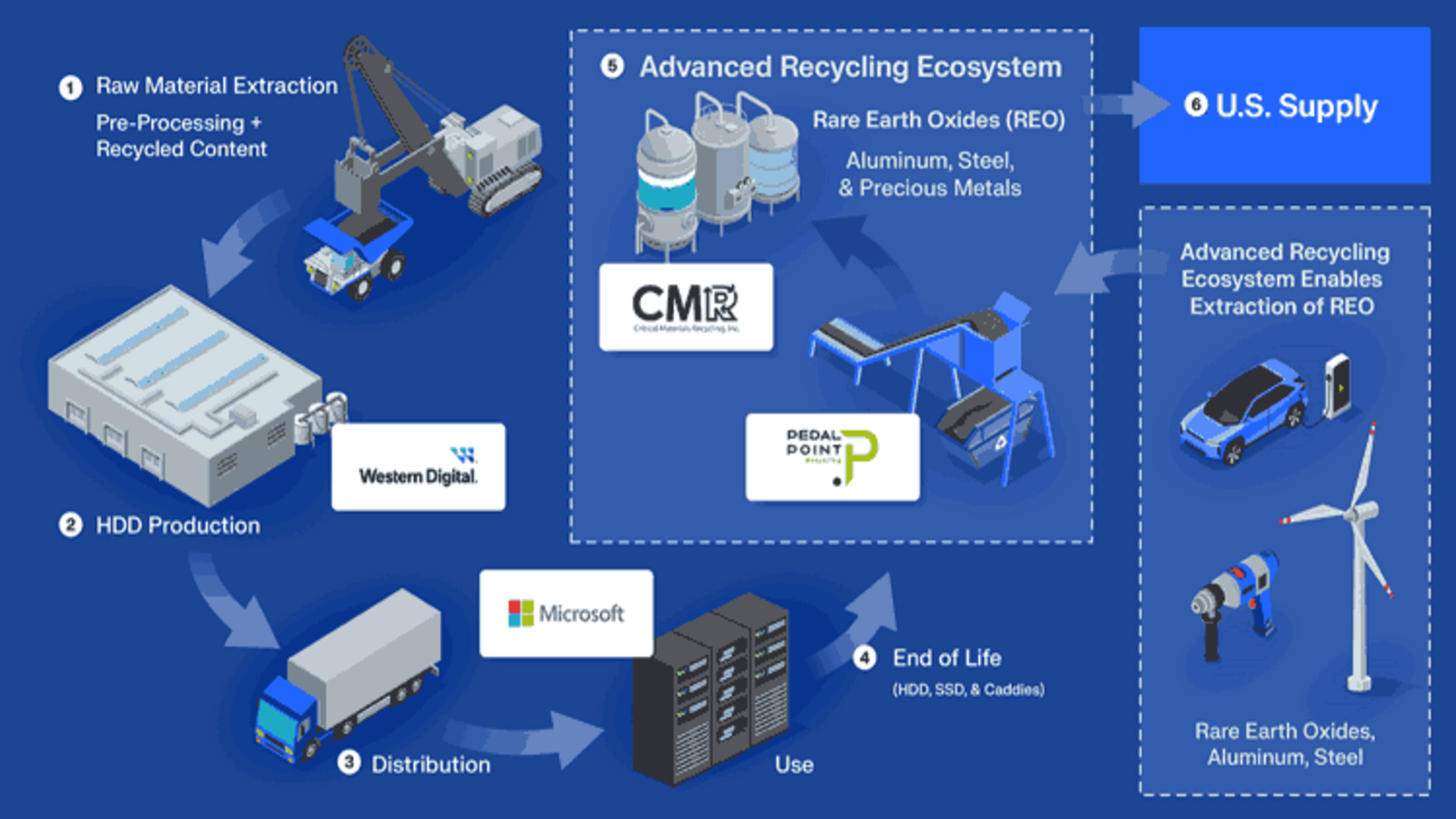


























































































































































![[The AI Show Episode 144]: ChatGPT’s New Memory, Shopify CEO’s Leaked “AI First” Memo, Google Cloud Next Releases, o3 and o4-mini Coming Soon & Llama 4’s Rocky Launch](https://www.marketingaiinstitute.com/hubfs/ep%20144%20cover.png)


















































































































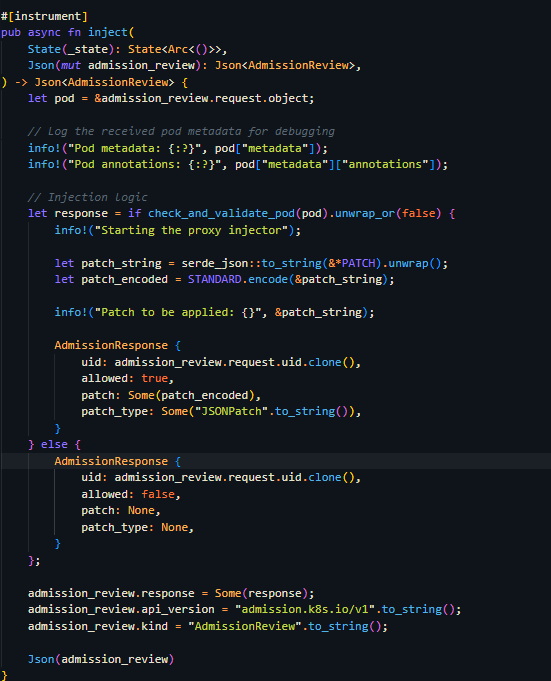





































![Is This Programming Paradigm New? [closed]](https://miro.medium.com/v2/resize:fit:1200/format:webp/1*nKR2930riHA4VC7dLwIuxA.gif)




















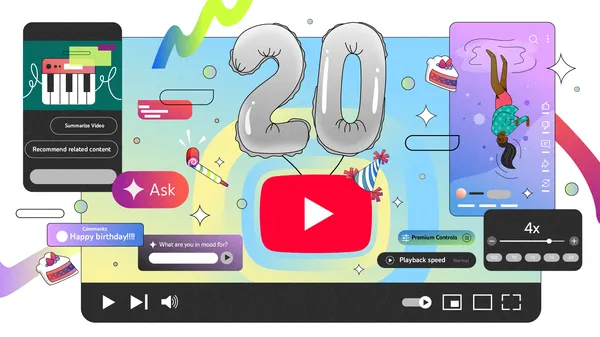






































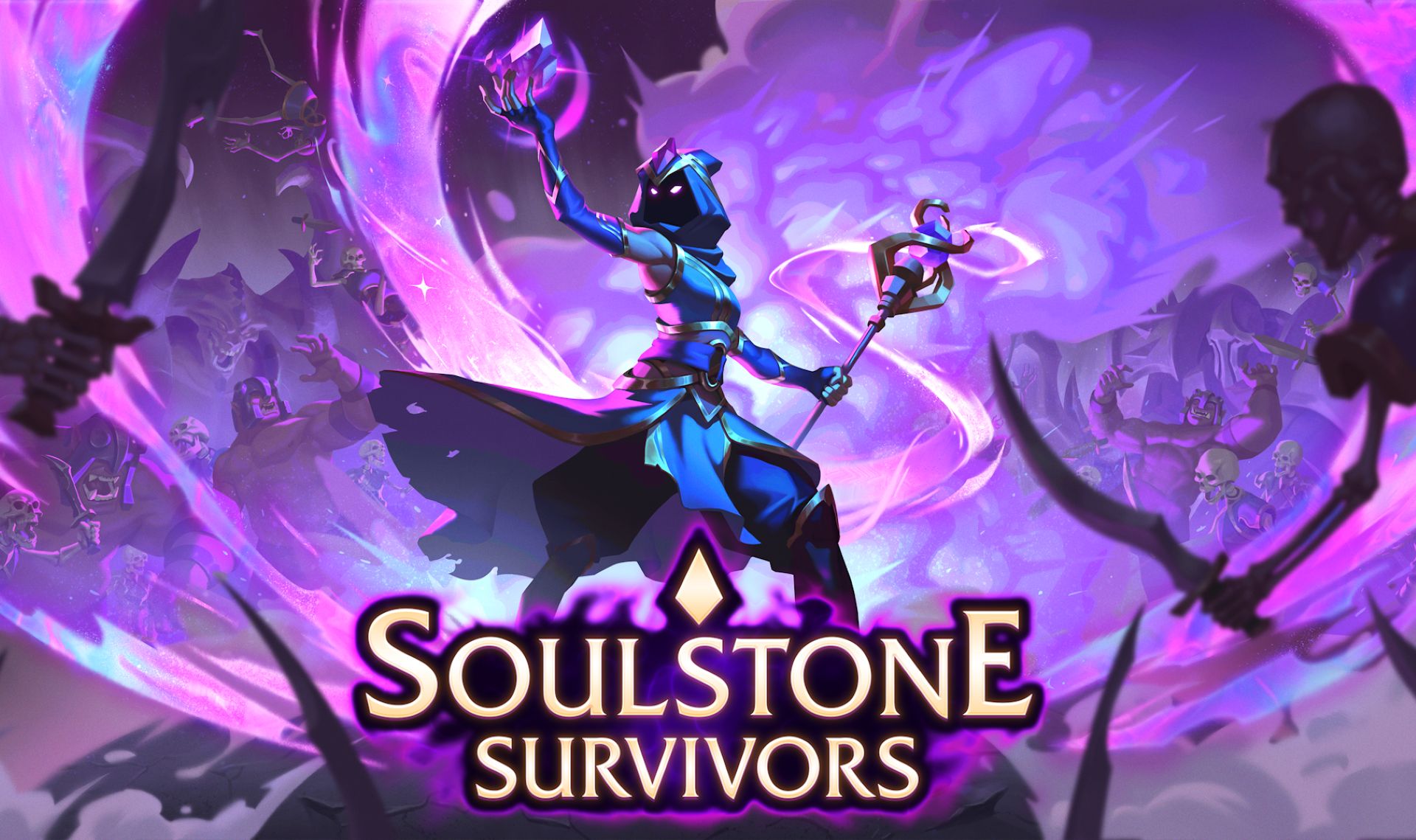




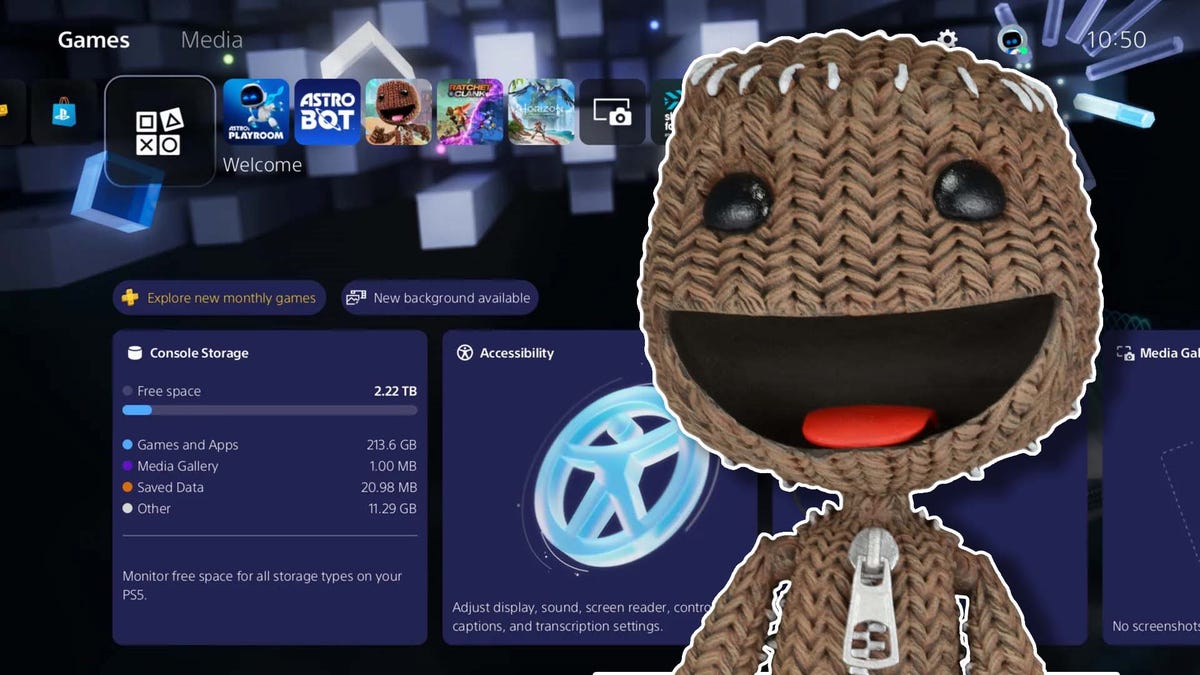























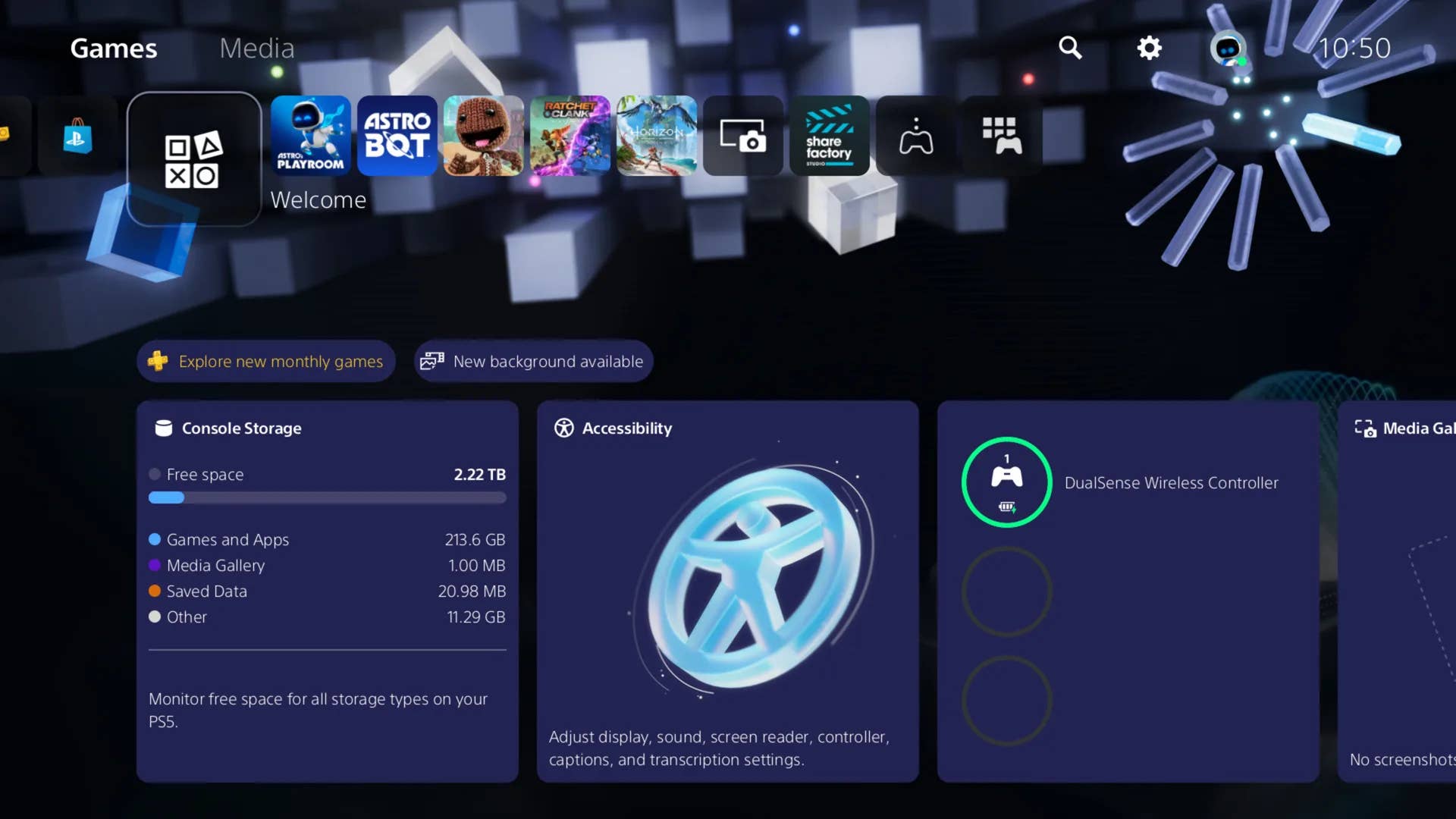
-Classic-Nintendo-GameCube-games-are-coming-to-Nintendo-Switch-2!-00-00-13.png?width=1920&height=1920&fit=bounds&quality=70&format=jpg&auto=webp#)



























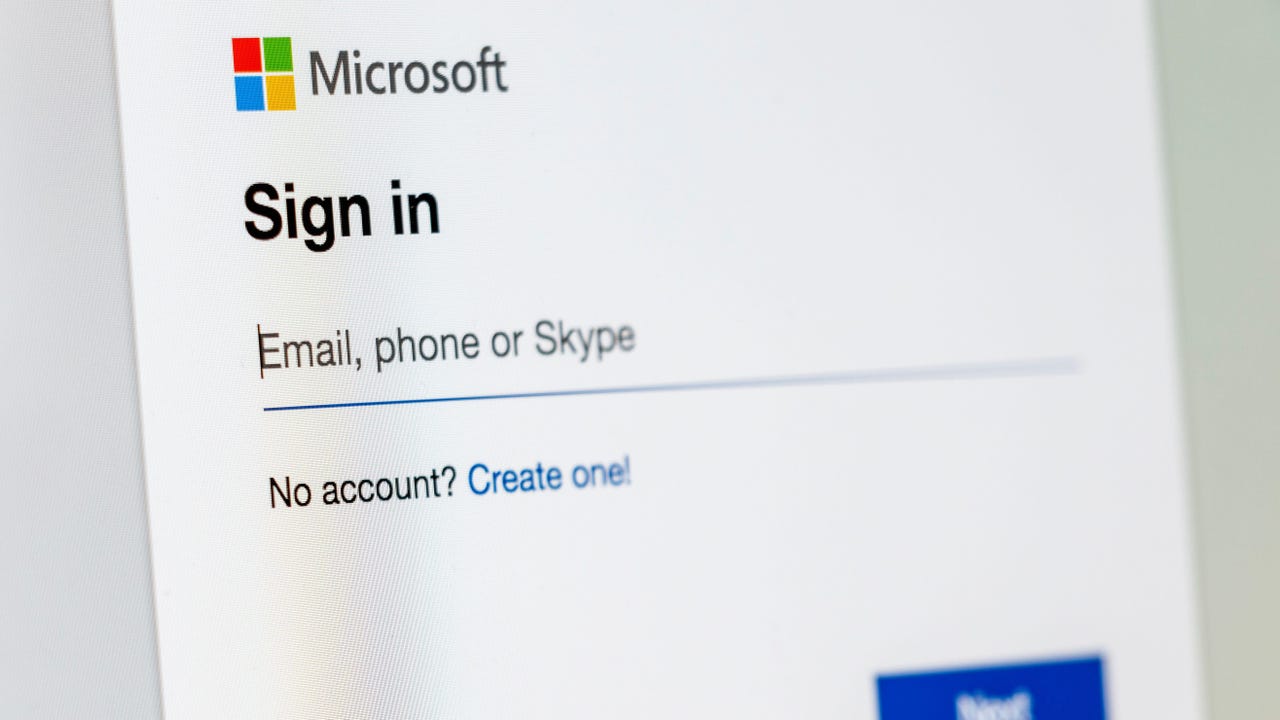






















































































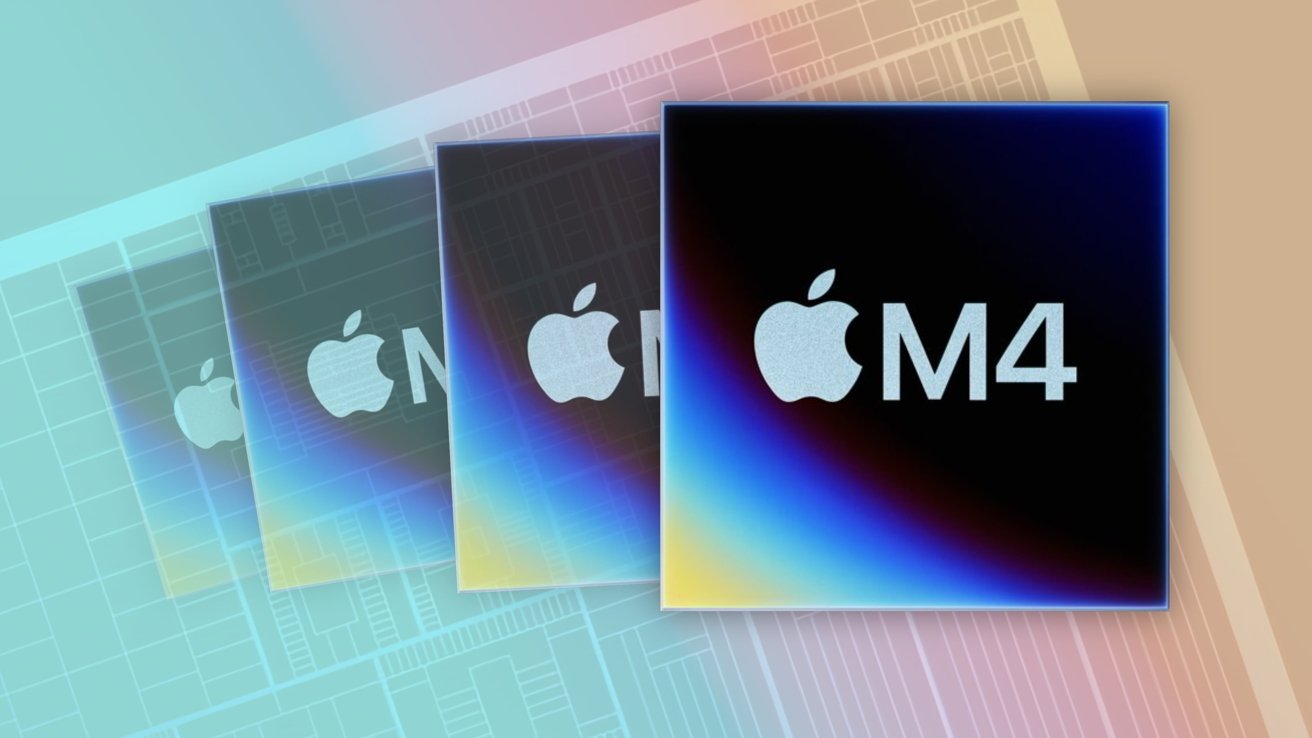



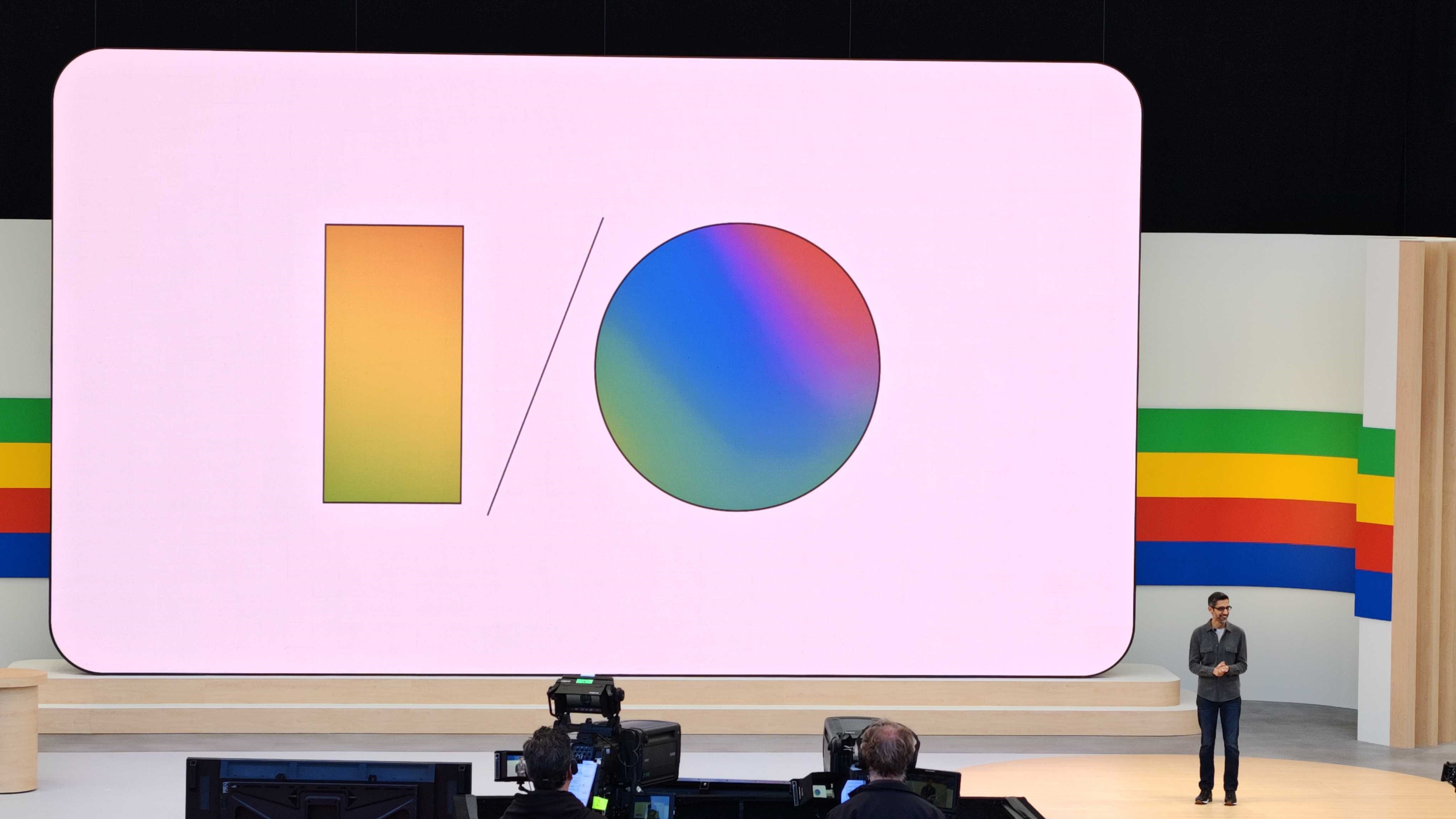























![M4 MacBook Air Drops to New All-Time Low of $912 [Deal]](https://www.iclarified.com/images/news/97108/97108/97108-640.jpg)
![New iPhone 17 Dummy Models Surface in Black and White [Images]](https://www.iclarified.com/images/news/97106/97106/97106-640.jpg)



























